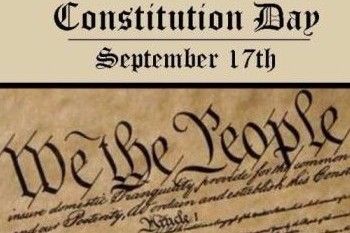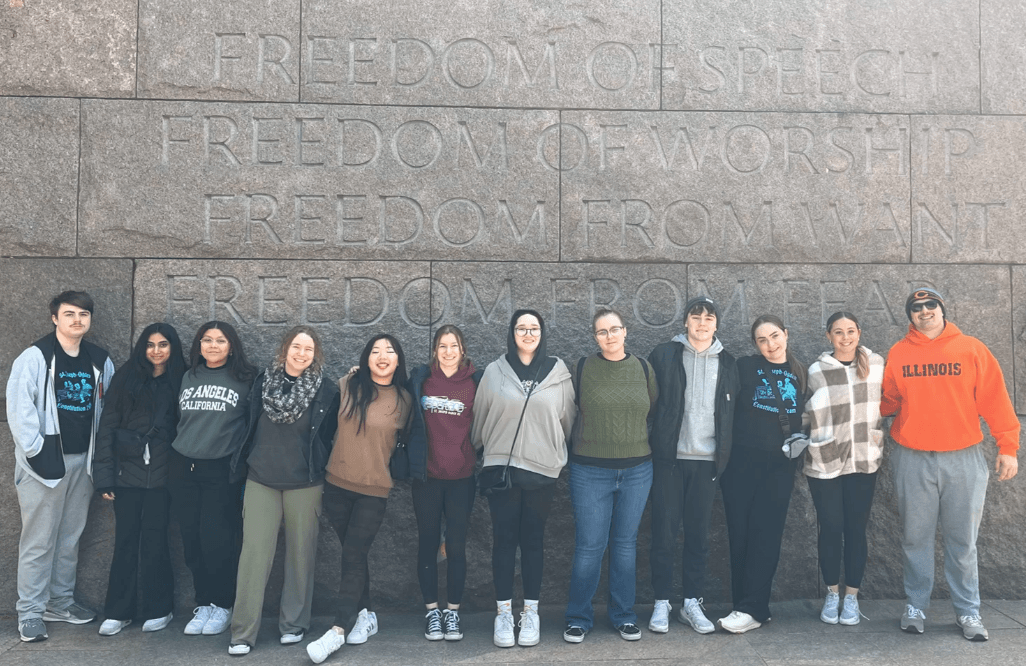Constitution Day
Each year on September 17, schools across the country observe Constitution Day, commemorating the signing of the U.S. Constitution in 1787. It’s more than a date on the calendar—it’s an opportunity to reflect on the founding principles that continue to shape our democracy and to help students see the Constitution as a living document that affects their lives today.
To support teachers in marking this important day, we are offering a free curriculum resource:
What Does the Constitution Say About Voting?
This lesson invites students to explore how the Constitution addresses voting rights, how those rights have evolved over time, and the challenges and debates that continue today. With ready-to-use materials and classroom activities, teachers can spark meaningful discussions about civic participation, constitutional amendments, and the role of citizens in sustaining democracy.
Whether you have time for a single class discussion or want to build a deeper unit, this curriculum is designed to be flexible and engaging for middle and high school classrooms.
Bring Constitution Day to life in your classroom and empower your students to connect the Constitution to their own role as active citizens.
Download the FREE curriculum here.
Constitution Day is the perfect time to spark conversations about democracy in your classroom.
"The Constitution is our nation’s most important legal document," Chicago-Kent professor of law and co-director of the Institute of the Supreme Court of the United States, Christopher Schmidt, said.
The Constitution is a window into our past — the one piece of paper worth everyone’s time, to struggle with and learn.
"A lot of what we do in modern America is argue what our laws and policies should be. The Constitution gives us the framework and structure to have those arguments," Schmidt said. "It allows us to struggle over where we’re going while always looking into the past where we’ve been."
“The text of the Constitution also provides a window into our history. For example, each of the amendments offers an opportunity to consider the historical circumstances that led past generations of Americans to change the Constitution. The most important of these changes — the 13th, 14th and 15th Amendments — came in response to the Civil War and the end of slavery," Schmidt said.
The Constitution has provided us with a system in which we have to stop and think about the decisions we made in our past. As you teach the importance of Constitution Day, think about the role the Constitution has played in resolving debates across time.


